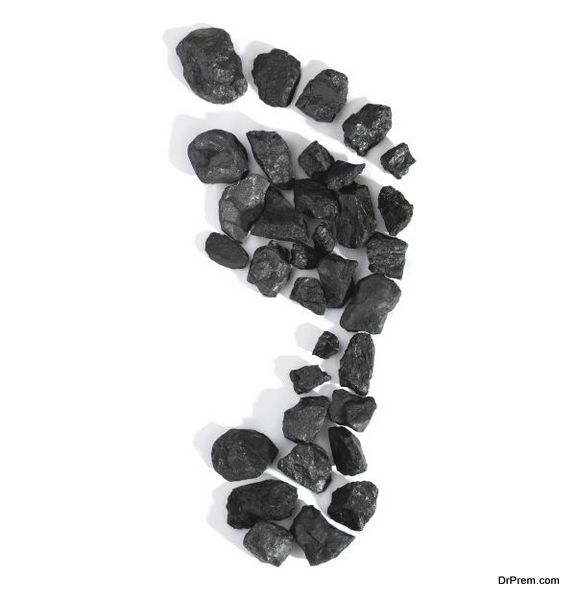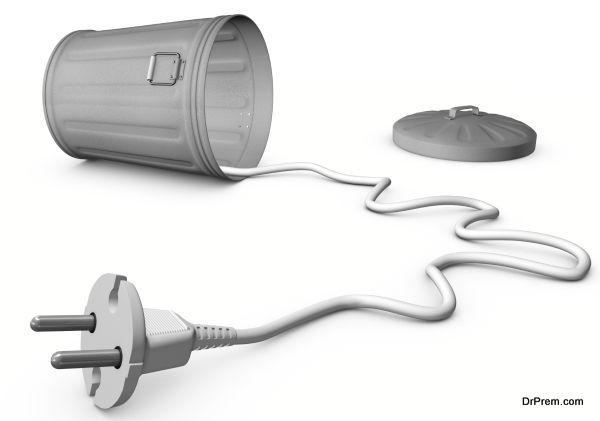A big worldwide problem is the collection of massive amounts of waste, landfill sites that are an eyesore and a big threat for the ecosystem. However, some countries have taken environmentally friendly measures to combat this problem, and one of the very efficient measures is the transformation of waste into energy.
Different projects have harnessed different forms of waste to convert them into a useable energy. Here are some of the projects wherein waste is converted into energy:
Turning Carbon Dioxide into Fuel

Scientists and researchers are trying various ways to harness carbon dioxide present in the atmosphere and convert it into usable energy. One such technology that has been employed is the Nanotechnology that captures carbon dioxide and converts it into methane.
The captured CO2 is then converted into a number of energies, one of it being a combustible fuel such as methane. Converting CO2 into methane using this technology requires the usage of some titanium oxide nanotubes that have a catalyst coating over them. This entire process converts carbon dioxide into methane using sunlight as a source of power. This project aims to be a power source for future cars, which would not allow any amount of CO2 to release in air.
Turning Trash into Biofuel

We could depend upon garbage to satisfy our biofuel requirement and this trend has brought a massive change in the quality of environment. Converting garbage into such a useful form of energy has solved two major problems: it has reduced our dependence on fossil fuels that leave a major carbon footprint, and it has reduced the size of landfill sites.
To go by the records, 10 percent of gasoline demand in U.S. is satisfied using corn, and 468 million metric tons of trash in North America is used to produce 47 billion liters of ethanol. Plastics, wood, textiles and other garbage is gasified using water and catalysts and then via multiple chemical steps is converted into ethanol.
Electricity from Wastewater

Tiny microbes present in water break down the organic material in waste streams and produce electrons. Some scientists at the Ghent University, Belgium used these electrons to create microbial fuel cells. They fed microbes a diet of aerobic and anaerobic sludge, and wastewater for a period of 200 days and realized that the measure of power produced by these fuel cells increased.
Converting Waste Heat to Electricity

Image Source : SciTechDaily.Com
A battery technology developed by scientists at Stanford and MIT can capture waste heat and transform it into electricity. Since ages, scientists have worked hard to come up with a way that could harness excess heat electric power plants and industrial processes release.
Some came up with some concepts but none of it served the purpose right. Then the MIT (Massachusetts Institute of Technology) researchers and Stanford University introduced a concept that could convert waste heat into electricity at a low temperature.
Energy from Pollution

Researchers at the Biodesign Institute at Arizona State University came up with a stupendous concept that claimed to extract electricity from pollution and organic waste products. Their biological fuel cells are extremely capable of extracting carbon dioxide from the atmosphere, thus, bringing a considerable reduction in the global warming. This project is also of crucial help for reducing excessive waste collection at landfill sites.
Waste, be it the one ending up at landfill sites or mixing in air polluting the environment is a threat for the environment and us altogether. The projects wherein waste is converted into a useable form of energy are of paramount importance, as they help sustain the environment.


